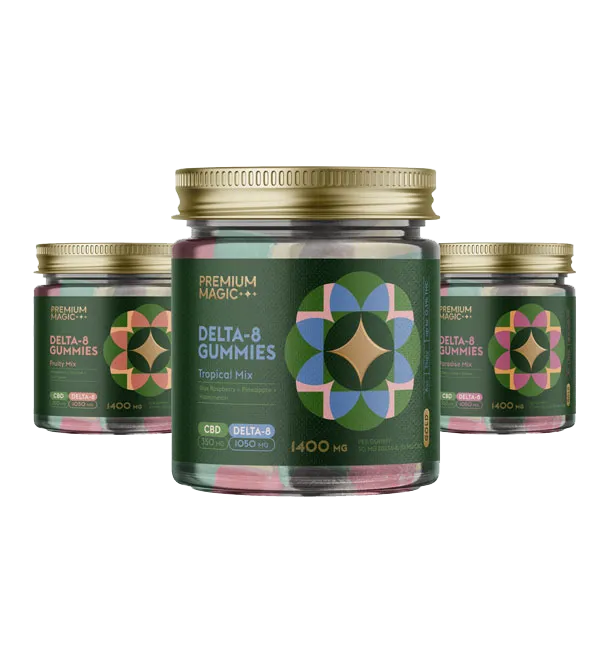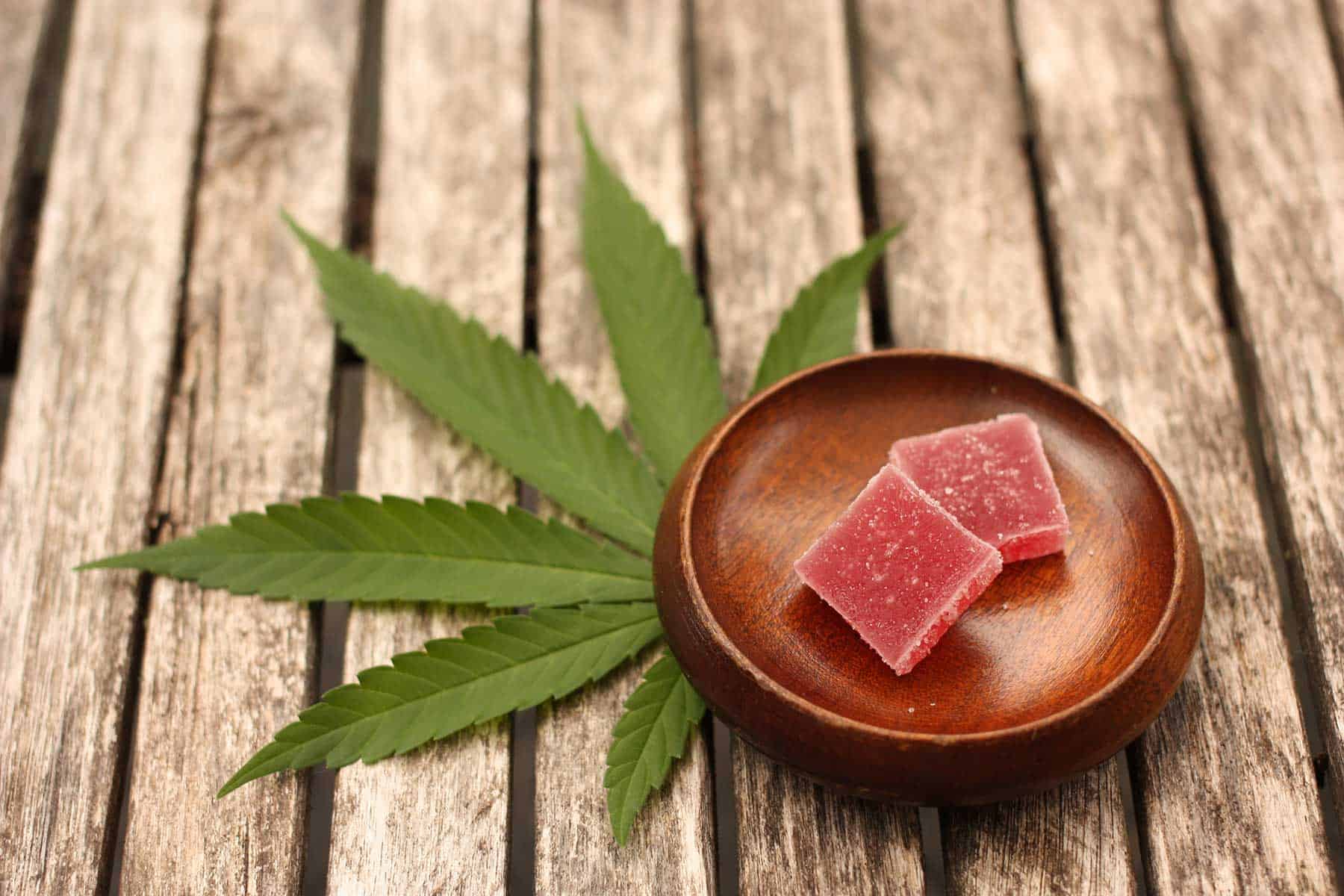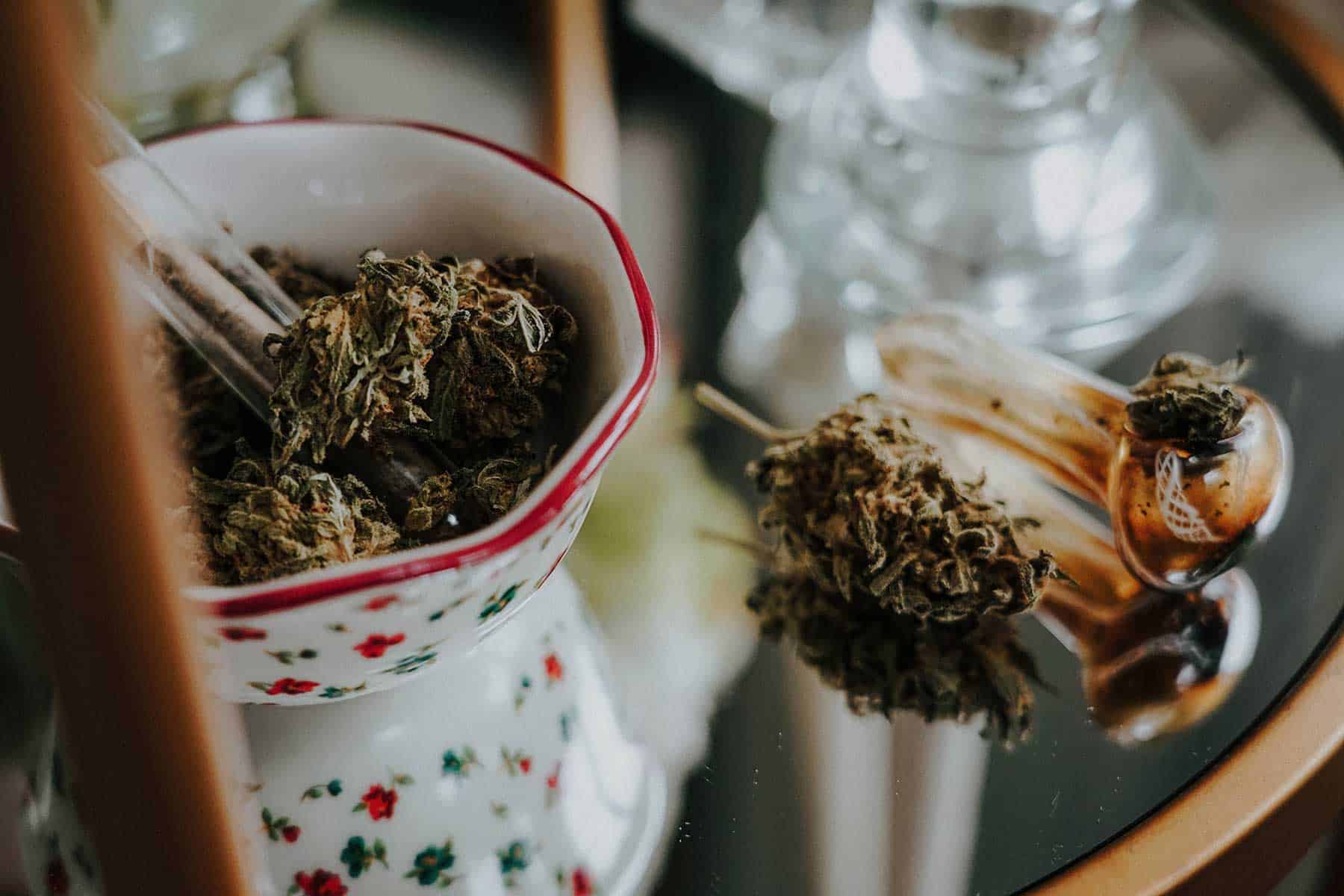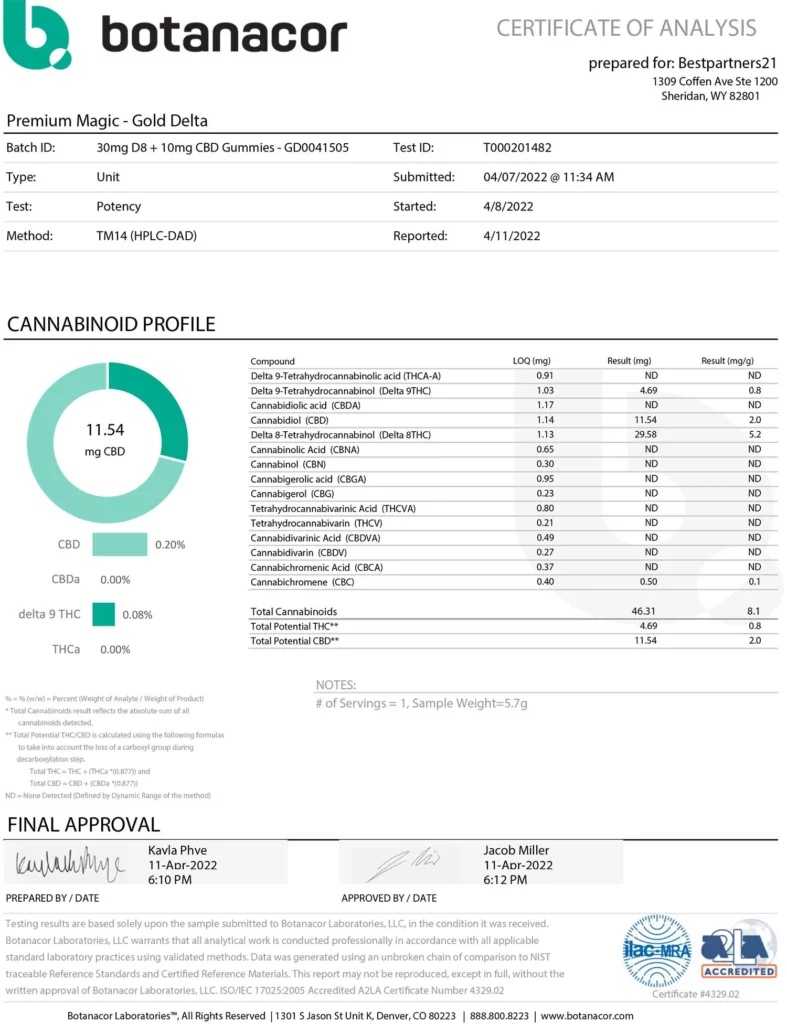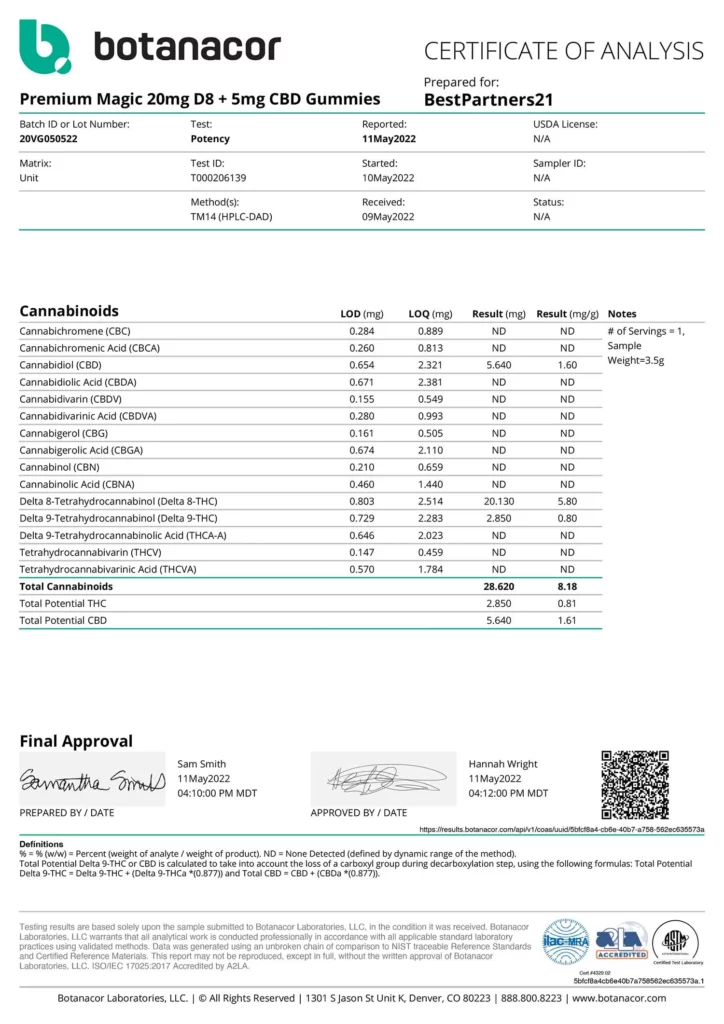
The Effects of Cannabis on the Human Brain: Debunking the Myths

Effects of Cannabis has long been a subject of fascination and controversy. As its popularity continues to grow, so does the misinformation surrounding its effects on the human brain. In this article, we aim to dispel the myths and provide you with an accurate understanding of the effects of cannabis has on our intricate neural network.
Understanding the Human Brain
Before delving into the effects of cannabis, it’s important to grasp the fundamentals of the human brain. The brain is an incredibly complex organ, composed of billions of nerve cells called neurons. These neurons communicate with each other through electrical signals, forming intricate networks that govern our thoughts, emotions, and behaviors.
The Endocannabinoid System
To comprehend the effects of cannabis, we must first explore the endocannabinoid system (ECS). This system plays a vital role in maintaining balance within the body, known as homeostasis. The ECS consists of cannabinoid receptors, endocannabinoids (naturally occurring compounds within the body), and enzymes responsible for their synthesis and degradation.
Effects of Cannabis and Its Components
Effects of Cannabis contains numerous chemical compounds, but two major players stand out: tetrahydrocannabinol (THC) and cannabidiol (CBD). THC is the primary psychoactive component responsible for the euphoric “high” associated with cannabis use, while CBD is non-psychoactive and has gained attention for its potential therapeutic properties.
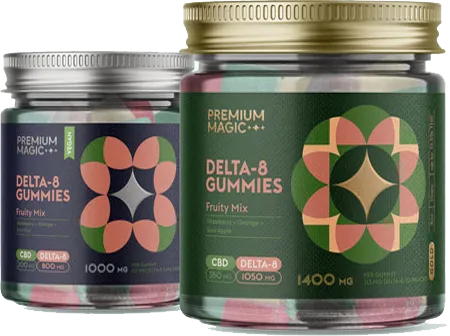
Gold + Silver Combo Fruity Mix
Original price was: $154.98.$68.99Current price is: $68.99.
Or Subscribe and Save 30%
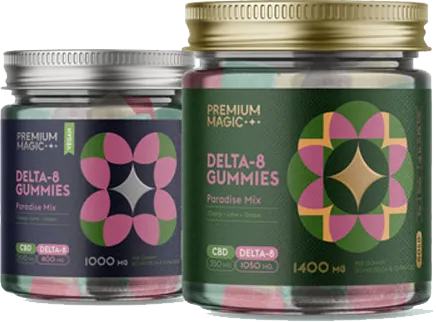
Gold + Silver Paradise Mix
Original price was: $154.98.$68.99Current price is: $68.99.
Or Subscribe and Save 30%
The Impact of THC on the Brain
When THC enters the body, it binds to cannabinoid receptors in the brain, particularly in areas responsible for memory, pleasure, coordination, and time perception. This interaction leads to the release of dopamine, a neurotransmitter associated with pleasure and reward. Consequently, THC produces a range of effects, including relaxation, altered perception of time, and increased appetite.
Short-Term Effects of Cannabis Use
In the short term, effects of cannabis use can result in temporary changes to cognitive functions. These changes may include impaired memory, attention, and decision-making. Additionally, some individuals may experience heightened sensory perception, altered perception of space, and increased heart rate. It is worth noting that these effects are typically temporary and diminish as the THC is metabolized by the body.
Long-Term Effects of Cannabis Use
One of the most debated aspects of effects of cannabis use is its potential long-term impact on the brain. While the research is ongoing, studies suggest that heavy, prolonged cannabis use during adolescence may affect brain development. Specifically, it may lead to altered brain structure and function, impaired cognitive abilities, and an increased risk of mental health issues, particularly in individuals with a genetic predisposition.
However, it’s important to highlight that these potential effects are primarily associated with heavy, frequent effects of cannabis use, especially at an early age. The impact of moderate and occasional use remains less clear and requires further investigation.
The Therapeutic Potential of CBD
When it comes to effects of cannabis, much attention has been given to its psychoactive component, THC. However, another compound found in effects of cannabis, cannabidiol (CBD), has been garnering significant interest for its potential therapeutic properties. In this section, we delve into the fascinating world of CBD and its remarkable therapeutic potential.
CBD and the Endocannabinoid System
To understand how CBD works, we need to explore the endocannabinoid system (ECS). The ECS is a complex network of receptors, endocannabinoids, and enzymes that plays a crucial role in maintaining balance within our bodies. It regulates various physiological processes, including mood, pain sensation, immune function, and more.
Unlike THC, which directly binds to cannabinoid receptors, CBD has a more indirect influence on the ECS. It interacts with receptors, such as CB1 and CB2, as well as other non-cannabinoid receptors, modulating their activity and influencing the release of various neurotransmitters.
Anti-Inflammatory and Pain-Relieving Properties
One of the most well-known therapeutic benefits of CBD is its potential as an anti-inflammatory and pain-relieving agent. Numerous studies have suggested that CBD may help reduce inflammation by suppressing inflammatory markers and cytokines. This anti-inflammatory effect has shown promise in conditions such as arthritis, multiple sclerosis, and even inflammatory bowel disease.
Additionally, CBD’s analgesic properties make it a compelling candidate for managing chronic pain. It is believed to interact with vanilloid receptors, which play a role in pain perception, and serotonin receptors, which are involved in regulating mood and pain. By modulating these receptors, CBD may help alleviate pain and improve quality of life for individuals suffering from various chronic pain conditions.
Anxiety and Stress Reduction
Another area where CBD has shown great potential is in the management of anxiety and stress-related disorders. Research suggests that CBD may interact with serotonin receptors, which play a crucial role in mood regulation. By influencing these receptors, CBD may help reduce anxiety and promote a sense of calmness.
Several studies have examined the effects of CBD on specific anxiety disorders, such as generalized anxiety disorder (GAD), social anxiety disorder (SAD), and post-traumatic stress disorder (PTSD). The results have been promising, with CBD demonstrating anxiolytic effects and the ability to reduce anxiety symptoms.
Antipsychotic Properties
CBD’s potential as an antipsychotic agent has also captured the attention of researchers. While the exact mechanisms are not yet fully understood, studies have indicated that CBD may interact with brain receptors involved in the regulation of dopamine, a neurotransmitter associated with psychosis.
Clinical trials have explored the use of CBD as an adjunctive treatment for conditions such as schizophrenia. The results have suggested that CBD may help reduce psychotic symptoms and improve overall cognitive function. However, further research is needed to fully understand its efficacy and determine optimal dosage regimens.
Neuroprotective Effects
The neuroprotective properties of CBD have become a subject of great interest. Studies have indicated that CBD may have the potential to protect neurons from damage and promote their survival. This could be significant in neurodegenerative conditions such as Alzheimer’s disease, Parkinson’s disease, and Huntington’s disease.
Furthermore, CBD’s antioxidant properties may help combat oxidative stress, a key contributor to neurodegeneration. By reducing oxidative stress, CBD may provide a protective shield for brain cells and potentially slow down the progression of these debilitating conditions.
Debunking the Myths
In the world of CBD, myths and misconceptions abound, often clouding the true understanding of this fascinating compound. Let’s shed some light on the most common myths surrounding CBD and set the record straight.
Myth 1: CBD Gets You High
Let’s start with one of the most pervasive myths about CBD – that it gets you high. This is simply not true. Unlike THC, CBD is non-psychoactive, meaning it does not produce the euphoric effects commonly associated with effects of cannabis use. CBD can be derived from hemp, which contains only trace amounts of THC, or from cannabis strains bred to have high CBD content and low THC content. So, rest assured, CBD won’t alter your state of mind or leave you feeling intoxicated.
Myth 2: CBD Is Illegal
There is a lingering misconception that CBD is illegal. However, the legal status of CBD varies from country to country and even within different states or regions. In many parts of the world, CBD derived from hemp is legal as long as it contains less than 0.3% THC. However, it’s crucial to stay informed about the specific regulations in your jurisdiction to ensure compliance.
Myth 3: CBD Is Addictive
Another common myth is that CBD is addictive. The truth is that CBD is not addictive. Addiction is typically associated with substances that cause dependence and withdrawal symptoms when discontinued. CBD does not exhibit such addictive properties. In fact, studies have suggested that CBD may even help individuals reduce their dependence on addictive substances, such as opioids.
Myth 4: CBD Has No Scientific Backing
Some skeptics claim that CBD lacks scientific evidence to support its therapeutic claims. This is far from accurate. While CBD research is still evolving, numerous preclinical and clinical studies have provided promising results. CBD has shown potential in areas such as pain management, anxiety reduction, epilepsy treatment, and more. While more research is needed, the existing body of evidence supports the therapeutic potential of CBD.
Myth 5: All CBD Products Are the Same
CBD comes in various forms, including oils, capsules, creams, and edibles. One common myth is that all CBD products are the same. In reality, the quality and efficacy of CBD products can vary greatly. It’s essential to choose products from reputable brands that prioritize third-party testing, use high-quality ingredients, and provide transparent information about their sourcing and manufacturing processes. This ensures you’re getting a reliable and safe CBD product.
Myth 6: CBD Works Instantly
While CBD can offer rapid relief for some conditions, it’s important to manage expectations regarding its speed of action. Another myth is that CBD works instantly. The effects of CBD can vary depending on factors such as dosage, administration method, and individual metabolism. Some people may experience immediate relief, while others may require consistent use over time to notice the desired effects. Patience and finding the right dosage regimen for your specific needs are key.
Myth 7: CBD Is a Cure-All
Lastly, it’s crucial to dispel the myth that CBD is a miracle cure for all ailments. While CBD has shown great promise in various areas, it is not a cure-all. Its effects can vary depending on the condition being treated and the individual’s unique biology. CBD should be seen as a complementary approach to overall wellness, working synergistically with a healthy lifestyle, proper medical care, and other appropriate treatments.
Conclusion
In conclusion, it is essential to separate fact from fiction when discussing the effects of cannabis on the human brain. While cannabis use, particularly heavy and prolonged use during adolescence, may have potential implications for brain development and cognitive functions, the extent of these effects remains a subject of ongoing research.
As the scientific community continues to deepen its understanding effects of cannabis, it is crucial to approach this topic with an open mind and rely on evidence-based information. By dispelling the myths and fostering informed discussions, we can foster a more accurate understanding effects of cannabis’s effects and potential therapeutic benefits.
